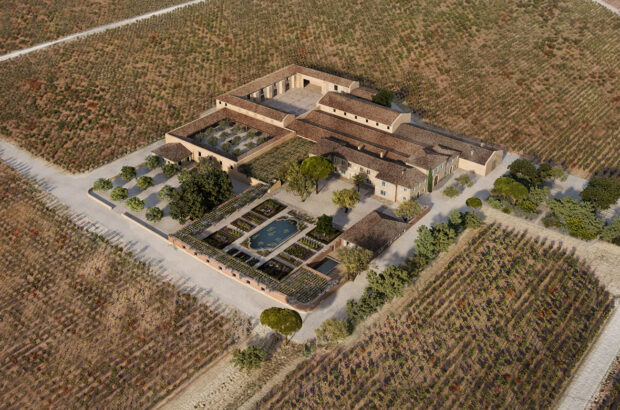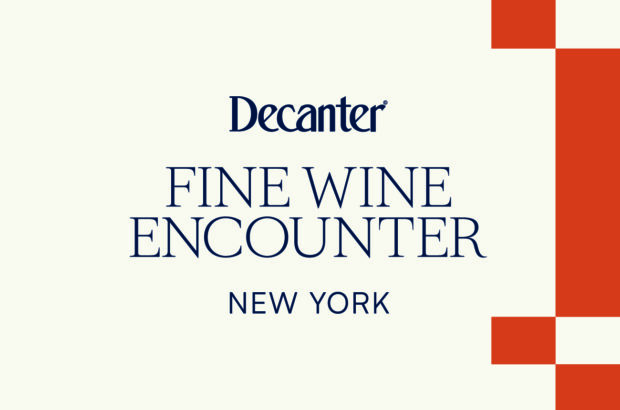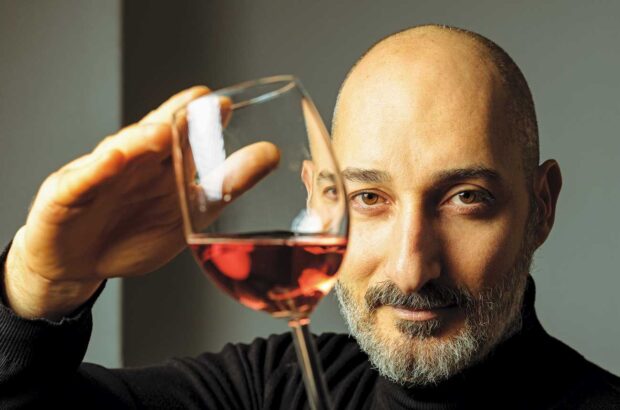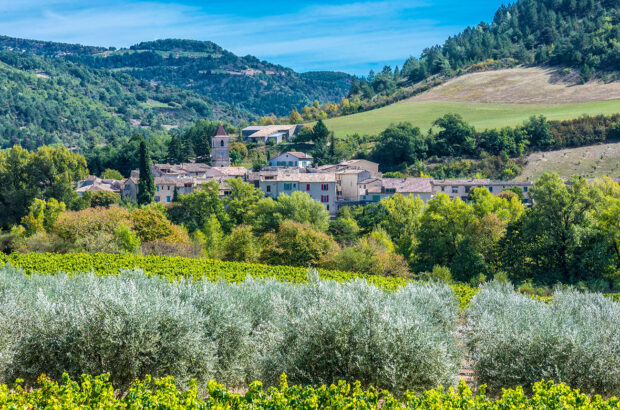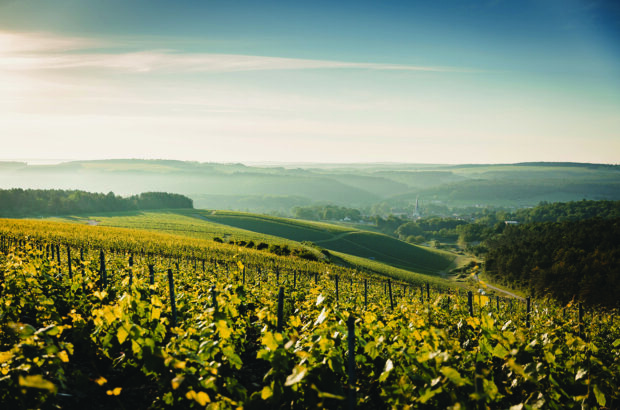The UN has recognised regenerative agriculture as ‘one of the most effective ways to make food systems more sustainable’ (‘Rethinking food systems’, June 2021). And it’s gaining traction in wine production, too.
In 2021, Cheval Blanc published a manifesto committing to a radical shift to agroecology – the principles of which marry with those of regenerative agriculture.
Whether wheat or wine, ‘regen’ is farming that also restores and regenerates soils and wildlife and creates biodiverse ecosystems, removing reliance on chemical inputs.
The main tenets in achieving this are: no tilling of soil (thought to destroy the underground networks of mycorrhizae); animals for grazing (reducing machinery, providing natural fertilisers); cover crops (decreasing erosion, boosting biodiversity); and agroforestry (growing trees in and around crops, thought to increase carbon sequestration).
Sounds fairly familiar doesn’t it? Because regen isn’t a new thing. Many of its processes are already practised widely. But it’s their adaptation to specific sites, climates and vintages, and the deepening understanding of their contribution to rehabilitating soils that is attracting producers to explore the approach.
The Regenerative Viticulture Foundation (RVF) provides resources to producers looking to increase their soil health while being a sustainable business. Its recently launched online RV Guide allows producers to assess their existing practices and connect with like-minded growers around the world – farmers ultimately learn best from another farmer down the road. I can relate to that – an amateur gardener, I’ve learned far more from my neighbour over the fence than through Google.
In 2020, California’s Tablas Creek was the first winery in the world to gain Regenerative Organic Certified status. This year, Provence’s Domaine Mirabeau is the first in France to achieve the same.
Wildfarmed flour is now sought out by the best restaurants, bakeries and pizzerias in the UK, and Wildfarmed bread can even be found on supermarket shelves. Regen is going mainstream – its widespread adoption could help increase the health of soils around the world.

‘To practise regenerative viticulture you have to be organic’
While restoring soil health does mean reducing and hopefully eliminating chemical inputs, regen puts emphasis on tailoring practices to specific sites. Producers can start conventionally and build in regen approaches, improving their soil even before becoming organic. At the same time, not all organic producers farm regeneratively, because they use tilling as a form of weed control.

Credit: iStock / Getty Images Plus
Sip to make a difference
Beckham Estate, Amphora Noir, Willamette Valley, Oregon, USA 2022
Score: 95
£39.25 Les Caves de Pyrene
Andrew and Annedria Beckham farm regeneratively in Oregon’s Chehalem mountains, with animal grazing, land left to wildlife, no tilling, compost fertilisers and biodynamic treatments. Andrew also makes the terracotta amphorae in which the wines are made. This Trousseau, Pinot Noir and Gamay blend absolutely sings, the purity of bright cranberries and rose petals shining through. Drink 2024-2030 Alc 10.5%





